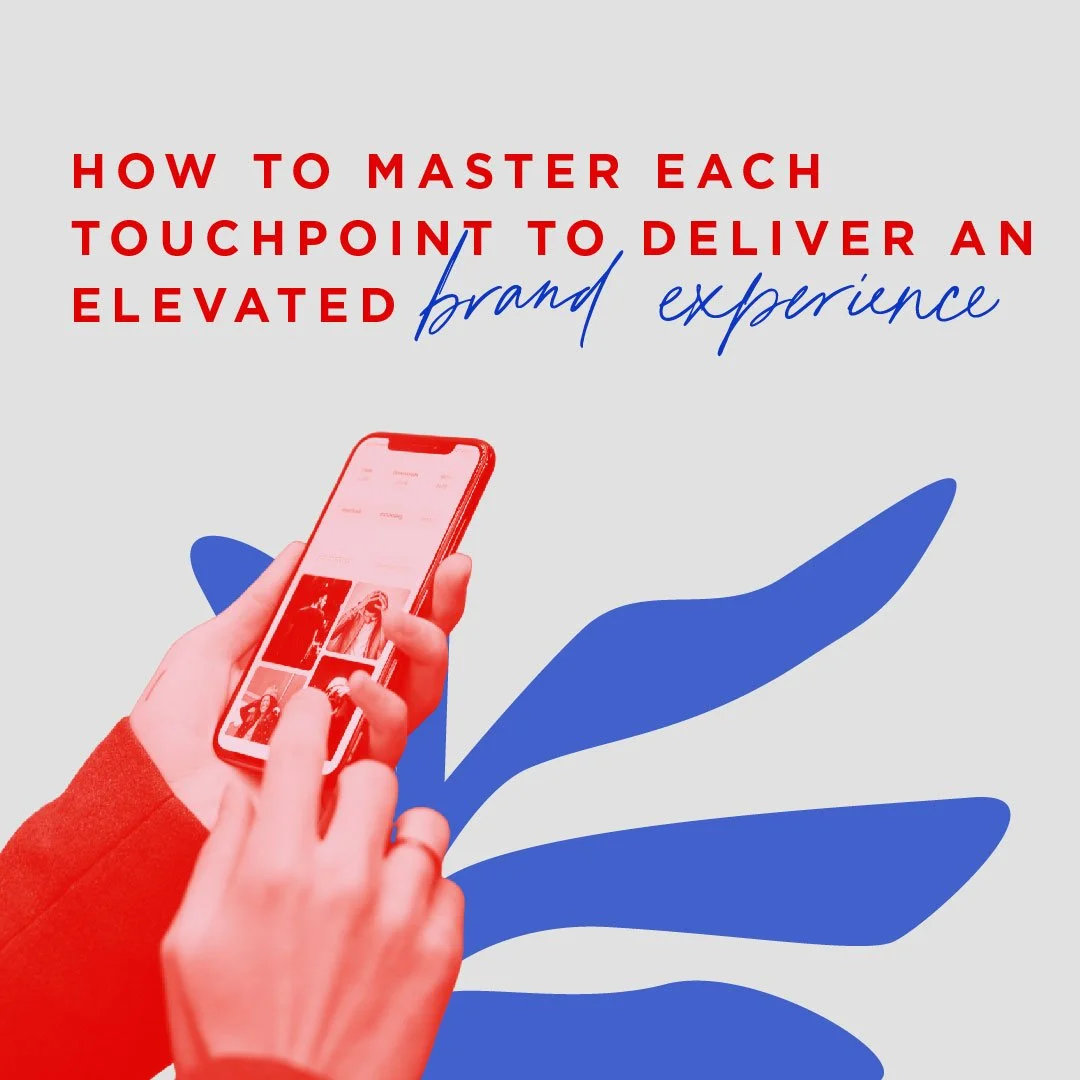7 Reasons Why You Should Run A Niche Business
You know what is pretty awful? When actors try to sing. Especially if said actor actually can’t sing *cough* Russell Crowe *cough*. Now Russ is a solid actor. Probably one of New Zealand’s best (caught you there, you didn’t know he was a Kiwi did you?) but his tactic of career diversification wasn’t his greatest move. He should have stuck to his niche - playing rugged, leather-clad, hairy-faced, old-timey warriors. You know why? Because he’s bloody good at it. Sometimes holding on to your niche can feel safe and boring but often it’s the best thing to do for your business… or your acting career.
If you’re in a niche business and you’re considering expanding, and you’re wondering if it’s the right choice, here are a few things to consider...

1. Diversification sounds good, but it’s just a giant distraction
If you sell your services as a dog groomer, and then you start trying to sell yourself as a manicurist, that’s just going to get confusing for your customers. Have you ever been to a generic ‘Asian’ restaurant that has different cuisines on the menu like Thai, Indian and Chinese with literally hundreds of different options? Hot tip: They’re usually pretty terrible. If someone wants to eat Thai food, they’ll go to a Thai restaurant. Not a restaurant where you can get a side of Chinese dumplings with your Indian Butter Chicken. Customers and clients like authenticity, and there’s nothing authentic about someone who will take money for anything a customer will pay them for.
2. Google loves a niche
I have a friend, and she has two blogs. One is lifestyle blog where she writes about a variety of different things. Fashion, style, food, health. It’s a great blog, but it’s taken her over a decade to grow it into something tangible. Two years ago this friend of mine started a second blog, and this blog is about Thermomix recipes. That’s it. Pages and pages of Thermomix recipes. Which blog do you think has the most followers? Bingo. The Thermomix blog. It’s full of Google juice, keywords and it’s so tightly niched that she’s dominating the Google search results after just two years of blogging. Growing a niche business is undeniably easier than building a broader scale business. Broader scale businesses can be more fun and flexible but do you want fun and flexible or do you want more customers/money than you can handle? You can have one or the other but rarely both. Think about what’s more important to you.
3. There’s less competition
Let’s say you need a copywriter for your life coaching sales page and you jump on Google and start searching around for one. Are you going to choose the copywriter who has a broad range of experience and write on any topic? Or are you going to pick the one who specialises in writing copy for coaching sales pages and email funnels? There are HEAPS of copywriters out there. There are MUCH less real estate, tech, health or business development copywriters out there. Niche it down and find the best people to work with.
4. It’s easier to stand out in a smaller crowd
If you’re in the cosmetics business and you sell every single type of cosmetic under the sun, you’re competing with everyone, including the big guns like L’oreal. However, if you focus on one product, like lipstick, you have a far better chance of standing out in that smaller crowd. I can think of several funky, small cosmetics business that sells only lipstick - Lipstick Queen https://lipstickqueen.com/eu/, Shanghai Suzy https://www.shanghaisuzy.com, MDMFlow https://mdmflow.com/. Each of these brands has their schtick. Lipstick Queen is run by Australian Poppy King who has dedicated her life to lipstick, Shanghai Suzy is vegan and cruelty-free, and MDMFlow is a hip-hop style brand that focusses on diversity, making their lipsticks inclusive for women of all skin tones. By niching down and selling the one product, each of these brands was able to focus on a particular customer profile. If they sold a range of products, their message would be lost and would be far less compelling.
5. You can focus on being the best expert in your field
When people search for things online, they want to find the expert, the best of the best. No one wants weight loss tips from someone who also posts sinful chocolate cake recipes. And no one wants hair care products from a company that also sells dog food. It’s weird. Once you niche down, you can focus on being the best of that niche. Here are some examples.
Who Gives A Crap Toilet Paper
Spanx
Quip
These are extremely niche businesses that have cornered the market by making one product, really well. Toilet paper, shapewear and toothbrushes respectively. Can’t get more niche than that and each of these brands is well on their way to becoming household names, except for Spanx who became a household name approximately .5 of a second after they appeared on Oprah.
6. It’s heaps less work
There are no shortcuts when it comes to running a business, but it doesn’t take a genius to figure out that managing the promotion and sales of one product is going to be a lot easier to deal with than the promotion and sales of 20 products. If you concentrate on the product you have and scale that one well, there’s no need to expand into more products and different areas. Why do more work than you have to? Hot tip: More products rarely means more sales, particularly in small businesses.
7. It’s effortless to tell people what you do
I’m going back to my blogger friend again to make this point. When she only had a lifestyle blog when people asked her what she did she’d say ‘Oh I’m a lifestyle blogger. I do a bit of everything, health, food, fashion, fitness, productivity, that kind of thing.’ and then inevitably the person she was talking to would look confused, and she’d elaborate. ‘It’s like… um… lifestyle tips? Like helping people wake up in the morning and get motivated to do stuff…’ and then she’d kind of trail off because she sensed they weren’t getting it. Now she has the Thermomix blog; she says ‘I have a blog where I post Thermomix recipes’. It’s so much easier to explain what you do when what you do is niche.
TAKE OUR QUIZ NOW TO DISCOVER YOUR BRAND ARCHETYPE SO YOU CAN BUILD THE RIGHT STRATEGIC FOUNDATION FOR YOUR ONLINE PRESENCE.




